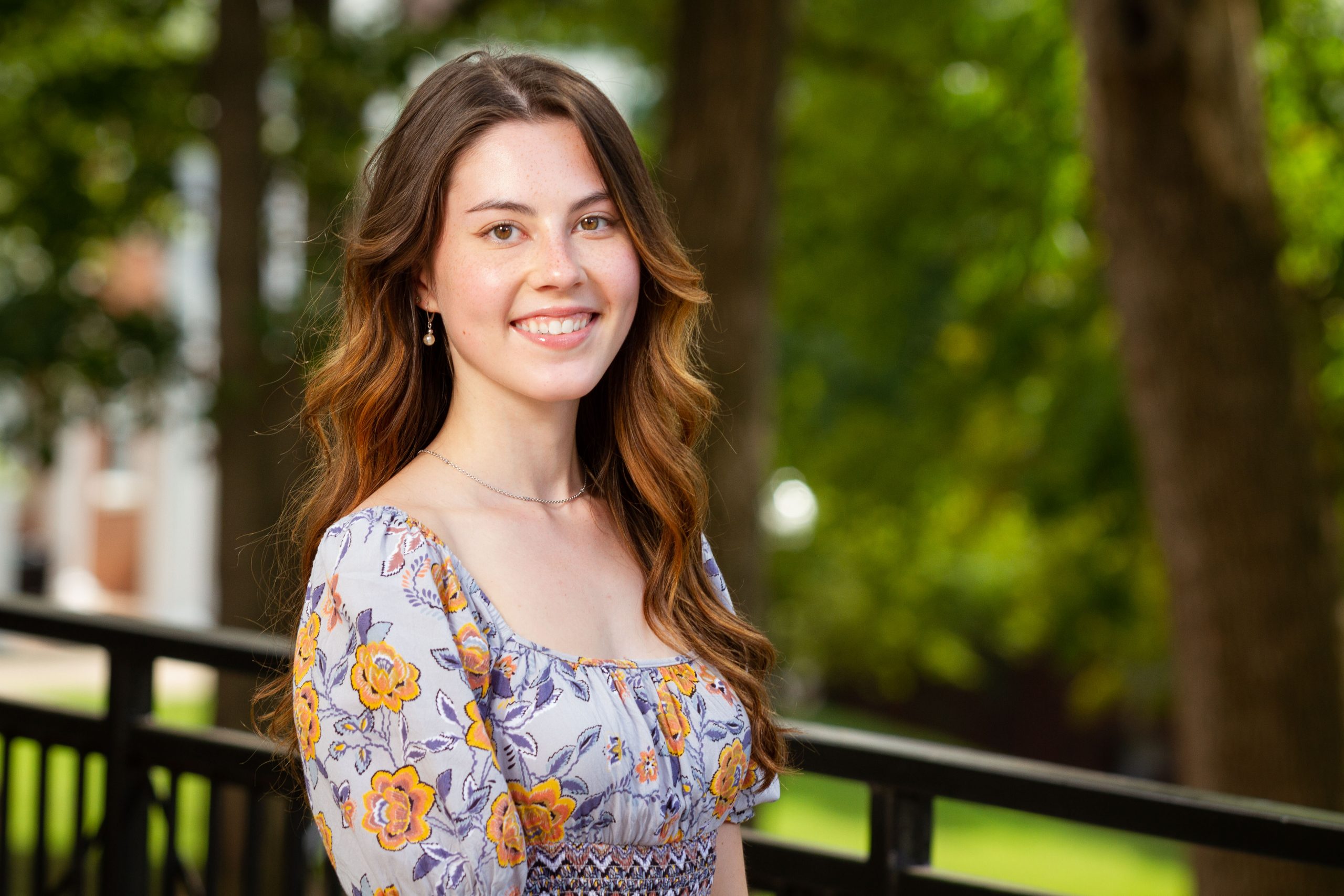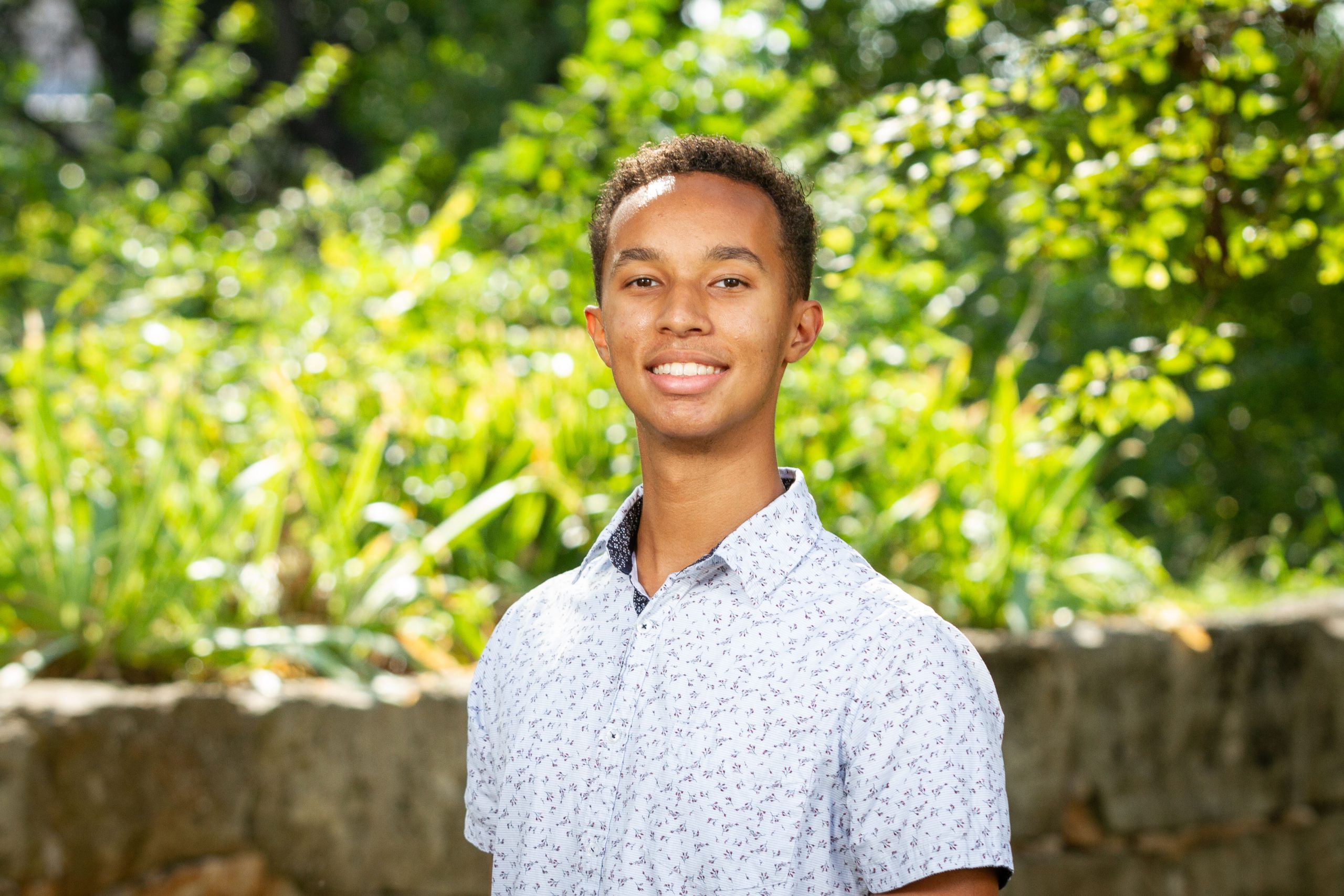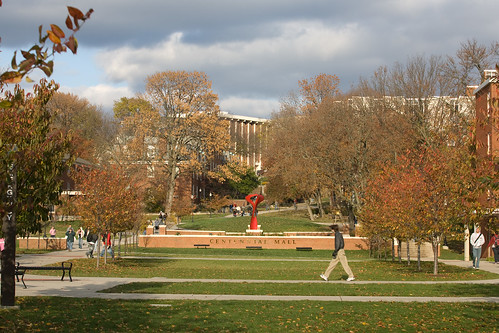 The Center for Gifted Studies at WKU is hosting the 2009 Berta Seminar for Excellence in Education on Oct. 26-27.
The Center for Gifted Studies at WKU is hosting the 2009 Berta Seminar for Excellence in Education on Oct. 26-27.
An evening session for parents is scheduled for 6:30 p.m. to 8 p.m. CDT Oct. 26 followed by an all-day professional development workshop for educators and administrators from 8:30 a.m. to 3:30 p.m. CDT Oct. 27. Both events will be held at the Carroll Knicely Conference Center on Nashville Road in Bowling Green.
Thanks to the generosity of the Berta family, these events are free and open to the public. Presenters Dr. Virginia H. Burney and Dr. Kristie Speirs Neumeister, experts in educational psychology relating to gifted children, will discuss the social and emotional needs of gifted young people.
During the parent seminar, Social and Emotional Characteristics and Issues of High Ability Children, Dr. Burney and Dr. Neumeister will discuss the characteristics of gifted children and associated (possibly problematic) behavioral manifestations of those characteristics. Tips for parents and teachers in assisting positive development will also be explored.
On Oct. 27, teachers will spend the day learning how the characteristics and needs of gifted children interact with school culture in Meeting the Social and Emotional Needs of the Gifted in School. Participants will practice strategies for meeting the needs of these students and for assisting others in understanding gifted children. Resources will be provided. EILA credit is available.
About the Berta Seminar: Thanks to the generosity of Vince and Kathleen Berta, this event is free and open to the public. The Bertas realized that gifted children had needs that came from their strengths and meeting those needs required both parents and teachers. The Berta Seminar brings in experts in the field of education to conduct seminars and presentations designed specifically for the parents of gifted children. And because educating gifted students requires teachers as well as parents, The Berta Seminar sponsors a professional development seminar for educators to learn how to better meet the needs of gifted young people in the classroom.
For more information, contact The Center for Gifted Studies, (270) 745-6323.







 Five Gatton Academy students have been selected to participate in the NASA INSPIRE Online Learning Community.
Five Gatton Academy students have been selected to participate in the NASA INSPIRE Online Learning Community. The 2009-10 Cultural Enhancement Series at WKU will begin Oct. 26 with a lecture by astrophysicist
The 2009-10 Cultural Enhancement Series at WKU will begin Oct. 26 with a lecture by astrophysicist